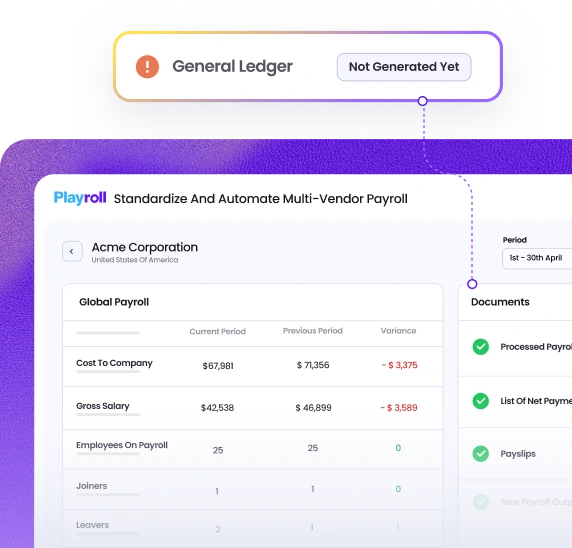What is a Good Salary in Pennsylvania?
A salary in the range of $55,000 to $75,000 is generally considered comfortable for a single person in Pennsylvania. High-paying fields like healthcare and technology can offer salaries reaching up to $150,000 or more, while more common roles such as teachers or administrative assistants typically earn around $40,000 to $50,000.
Average Salary by Cities in Pennsylvania
The cost of living can vary widely from one city to another, and that impacts both how far salaries stretch and what professionals expect in terms of pay. Cities with higher living costs – like those with hot housing markets or tech hubs – tend to have higher salary expectations.
Familiarizing yourself with the average salary ranges per location can help you plan better and make sure your compensation packages are in line with local expectations to attract and retain top talent. Here’s a quick look at salary ranges across different cities in Pennsylvania, to get a sense of competitive salaries based on local factors:
| City | Monthly Salary | Annual Salary |
|---|
| Philadelphia | $5,795 | $69,548 |
| Pittsburgh | $5,263 | $63,153 |
| Allentown | $4,501 | $54,015 |
| Erie | $4,165 | $49,985 |
| Reading | $3,985 | $47,826 |
Salary Earnings Based on Experience Level in Pennsylvania
Salaries naturally increase with experience – this applies to both new hires and existing team members. When planning for new positions, it's important to consider how salary ranges change at different seniority levels. This will help ensure you're meeting salary expectations, retain employees and create a fair working environment.
Here’s a breakdown of how monthly and annual salary ranges grow with experience in Pennsylvania:
| Experience Level | Monthly Salary | Annual Salary |
|---|
| Entry-Level Jobs (0-2 years experience) | $2,498 | $29,978 |
| Mid-Level Jobs (3-5 years experience) | $7,239 | $86,874 |
| Senior Roles & Managers | $8,111 | $97,334 |
| Executive & C-Level | $10,066 | $120,800 |
Average Salaries by Job Title in Pennsylvania
Building a competitive compensation package means knowing what the going rate is for specific roles. We’ve compiled the most recent salary data by job title for Pennsylvania, making it easier for you to compare roles, match your offers with the market, and make sure your team is paid fairly.
| Job Title | Monthly Salary | Annual Salary |
|---|
| Project Manager | $6,513 | $78,160 |
| Human Resources Manager | $6,679 | $80,155 |
| Financial Analyst | $6,052 | $72,625 |
| Marketing Manager | $7,858 | $94,309 |
| Software Engineer | $7,969 | $95,634 |
Highest Paying Jobs in Pennsylvania
- Anesthesiologist: $408,470
- Orthodontist: $279,720
- Surgeon: $270,210
- Psychiatrist: $224,500
- Chief Executive Officer (CEO): $674,277
- Physician: $217,950
- Obstetrician/Gynecologist: $243,000
- Dentist: $188,300
- Pharmacist: $141,000
- Lawyer: $131,670
Monthly Cost of Living in Pennsylvania
In Pennsylvania, the cost of living is slightly above the national average, with variations across different regions. Housing expenses are about 5% higher than the national average, particularly in cities like Philadelphia and Pittsburgh, where demand remains high. Utility costs are around 3% above the national average, influenced by the state’s varying climate and energy needs. Transportation expenses, including gas prices and public transit, are approximately 7% higher than the national average, particularly in urban areas with more extensive commuting networks.

Median Home Price
$314,000
Compliant, In-State Payroll Processing in the U.S. with Playroll
We cut payroll processing time by 80%, ensure full compliance, and provide hands-on support for both employers and employees.
-

Local, state-accurate payroll execution
-

Consolidate payroll inputs and variance reporting
-

State-specific compliance, taxes, and filings built-in







.svg)
.svg)
.svg)








.svg)



.png)
.webp)
.webp)








.svg)